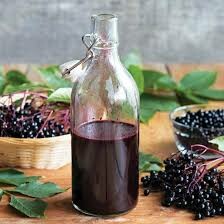
Every winter, there is a surge in the number of colds, flues, and other viruses circulating in the population. Helping your body prepare for exposure to a virus is a smart, and a relatively easy thing, to do. At the most basic level, it means avoiding anything that will cause your body to spend any extra effort to detox, process, or recover from. If you want your immune system to be at it's best, you will want to avoid sugar, alcohol, and processed foods that are known to suppress your immune system. Eating a fresh unprocessed real food diet, that you make at home, will provide your body with good nutrition while you avoid exposure to viruses in public. You'll also want to avoid any smoking or vaping that will suppress your immune system. While light to moderate exercise is beneficial, excessive or intense exercise, may actually reduce immunity. And as always, a good night's sleep is critical for your overall well being, and this is especially true when your immune system is challenged. In addition, here are some key nutrients that can help support your immune system.
Vitamin C
Vitamin C is one of the most widely recognized and used anti-oxidants in the world. This anti-oxidant plays a critical role in helping the immune system function properly. Some of the best food sources for vitamin C are yellow bell peppers, guava, lemon and lime, strawberry, papaya, broccoli, kale, grapefruit, kiwi, and oranges. To make sure your body is saturated with vitamin C, you'll want to take a vitamin C supplement in divided doses throughout the day, making sure you stop when you reach bowel tolerance. Recommendations range from 3,000 mg to 5,000 mg in divided doses, a day. LabDoor tests and ranks the most popular vitamin supplements, but there are many quality physician grade supplements available direct from websites. There are also health and wellness companies that produce high quality supplements.
Vitamin D
Vitamin D plays a critical for the immune system as wells as for other body systems. It helps cells all over the body communicate properly. Vitamin D is often called the “sunshine vitamin” because the primary source of vitamin D is exposure to the sun. It's easy to see why most people are deficient in vitamin D during the dark winter months. The best food sources of vitamin D are egg yolks, fatty fish, liver, and grass-fed cheese and butter. If you really want to prepare your body for exposure to a virus, you'll want to supplement with vitamin D. It’s best to take a vitamin D supplement that offers the essential cofactors such as, vitamin K2, The same advice given for finding a good vitamin C supplement applies to vitamin D as well.
Zinc
Zinc is one of the best mineral supplements to boost and balance the immune system. Traditionally, the best food sources of zinc were oysters, shellfish, meat, eggs, whole grains, nuts and seeds. But with the contamination of the oceans, it is probably better to focus on grass-fed beef and and eggs from 100% pasture based animals. Sprouted pumpkin, sunflower, hemp and chia seeds are also great sources of zinc. The typical recommendation is 20 mg/day. Once again, follow the same advice for finding a high quality zinc supplement as was given for vitamin C.
Elderberry
Elderberry has been traditionally used as an alternative for natural healing and for good reason. The berries are full of powerful nutrition and have incredible health benefits. They contain a potent antiviral agent called "antivirin" that disrupts the viruses ability to get inside a cell and replicate. Many families make up a batch of elderberry syrup to have on hand during the cold and flu season. Here is an example of a recipe, but you can also buy it on-line or at a health food store.
Licorice Root Extract
There is a long history of using licorice root to treat lung infections with similar symptoms as viral infections. GreenMedInfo.com reports that: "A 2008 study from the UK's Luton & Dunstable Hospital NHS Foundation Trust tested licorice root extracts against a number of viruses, including HIV and SARS. They found that the extract broke down the viral envelope and also boosted immune activity." This is critical because these types of viruses have a coating around them that makes them difficult for the immune system to attack.
Did this help you? If so, I'd greatly appreciate it if you commented and/or share it on social media.

Email: sharonledwards@hotmail.com
Facebook: https://www.facebook.com/sharonledwardsbiz/



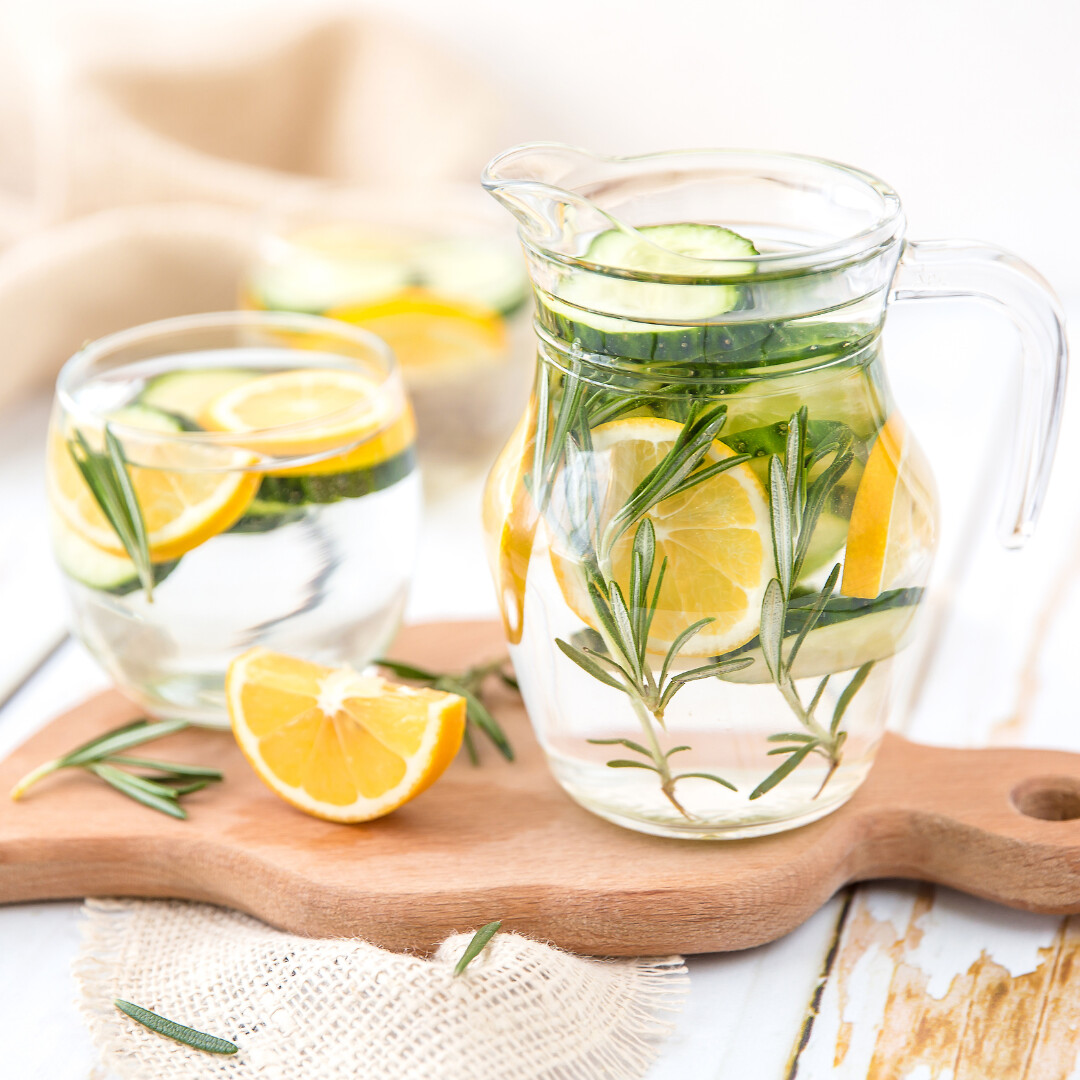
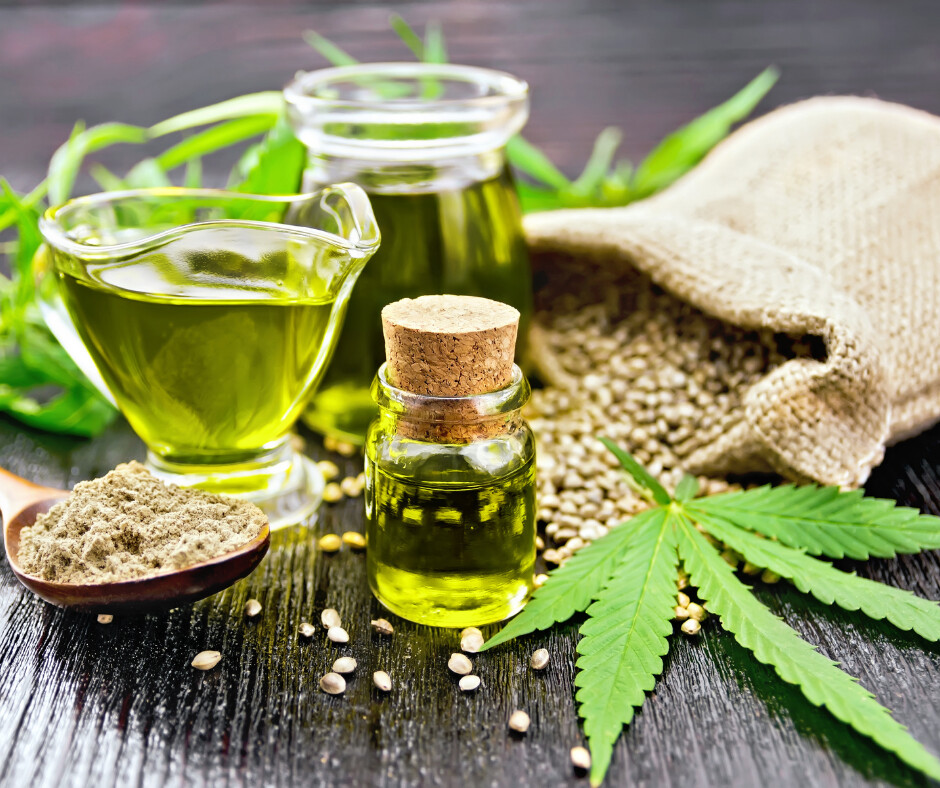

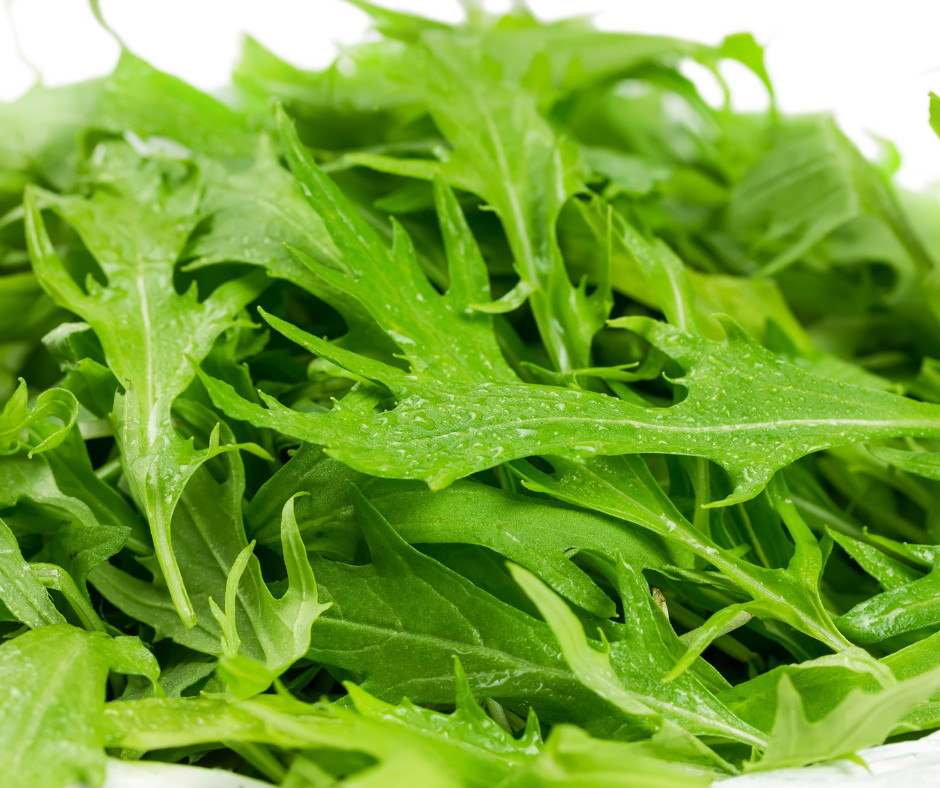
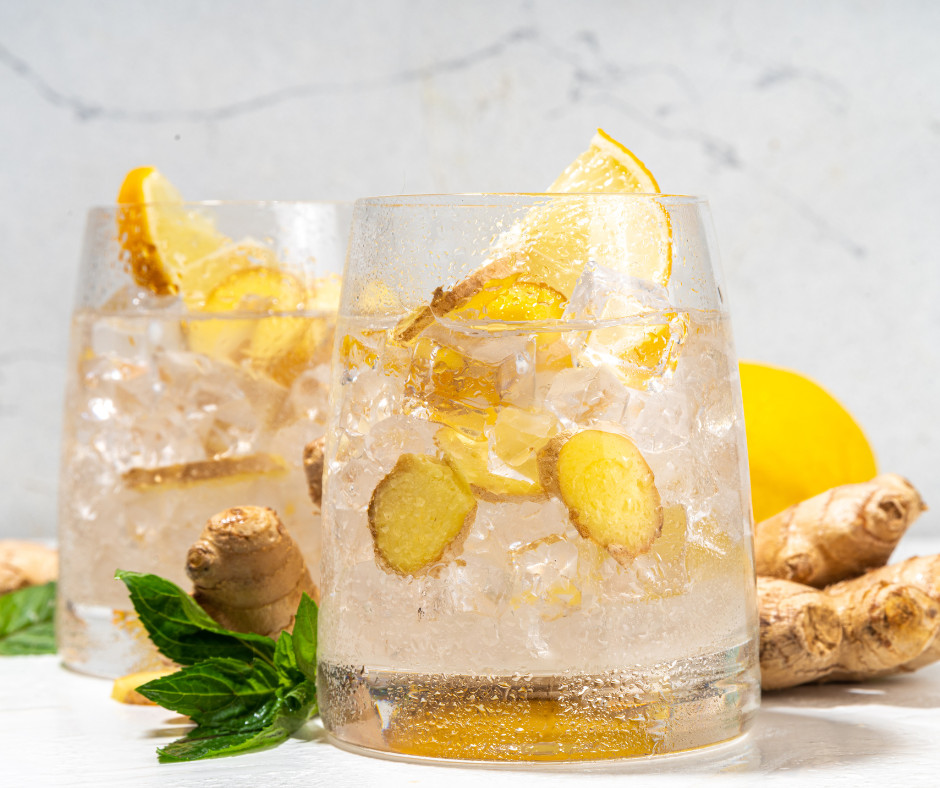
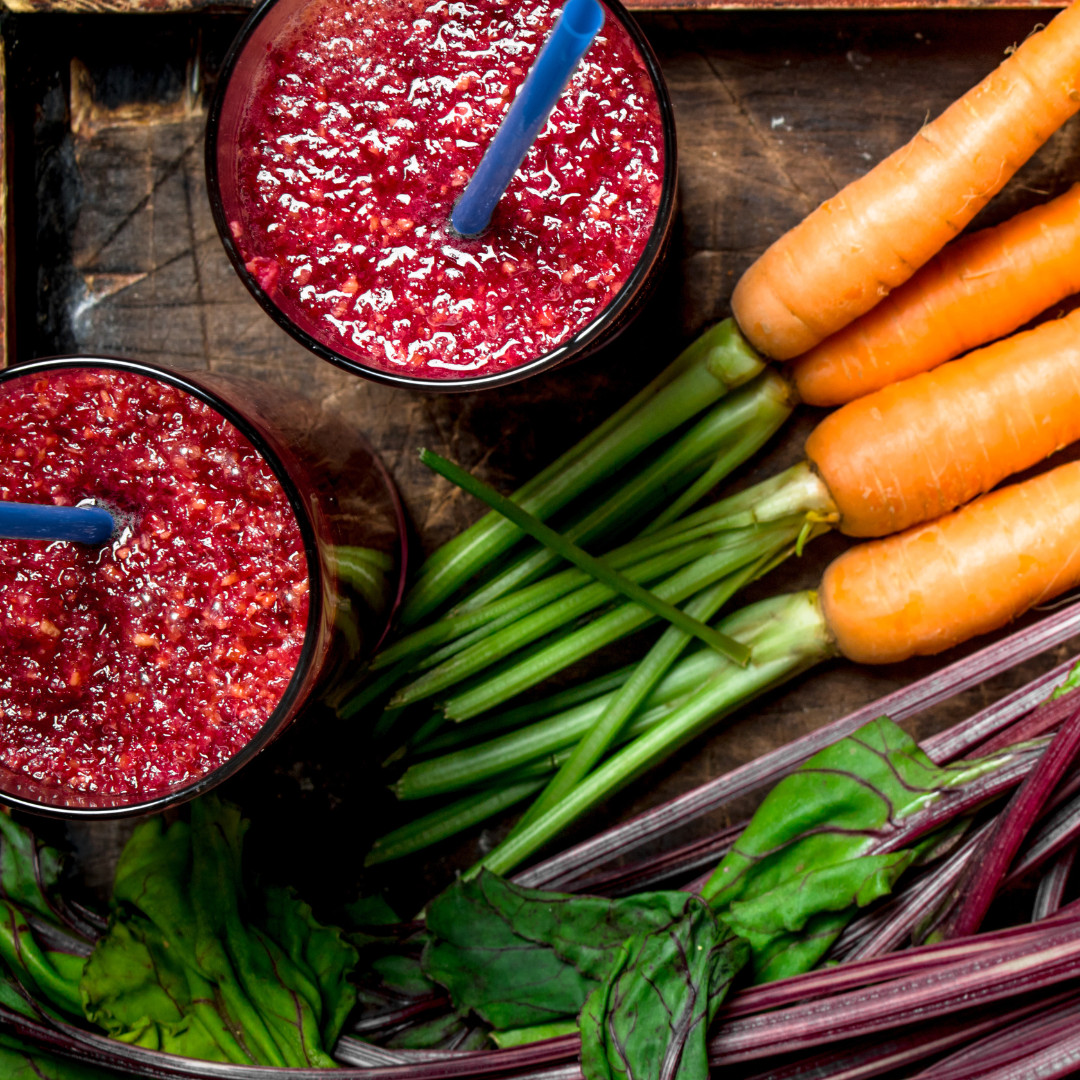
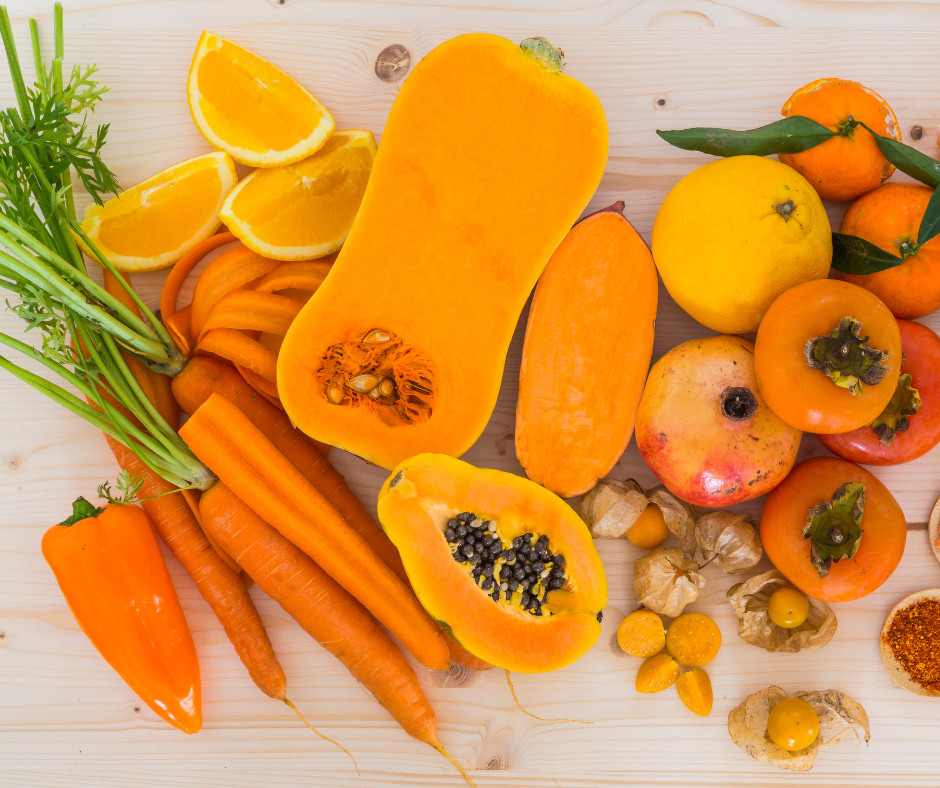
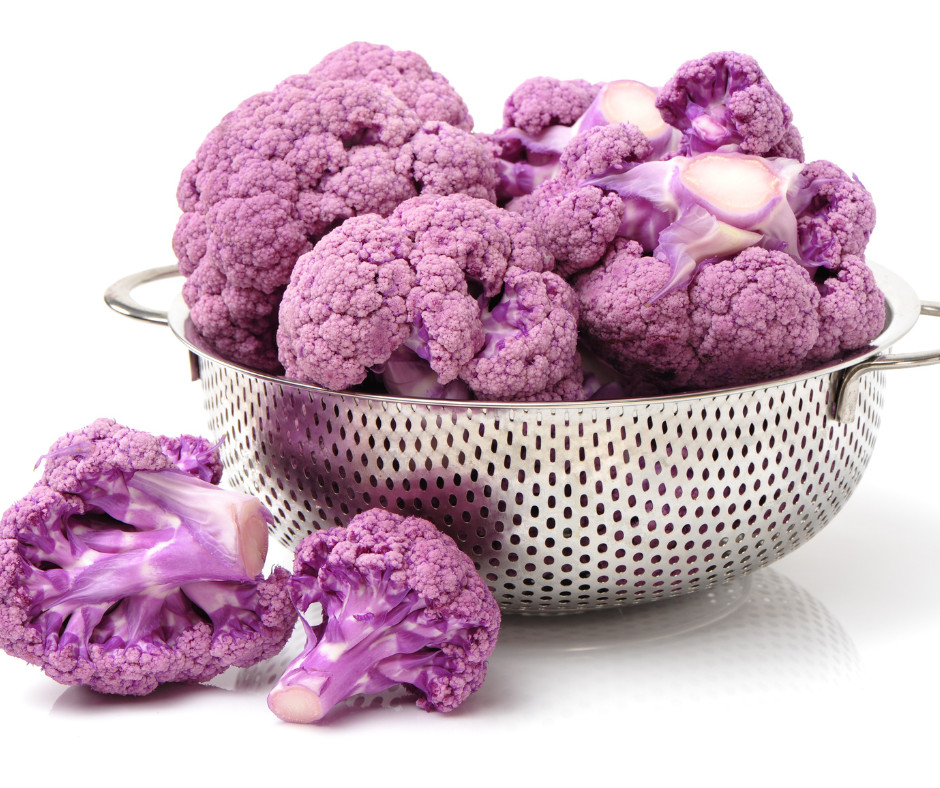
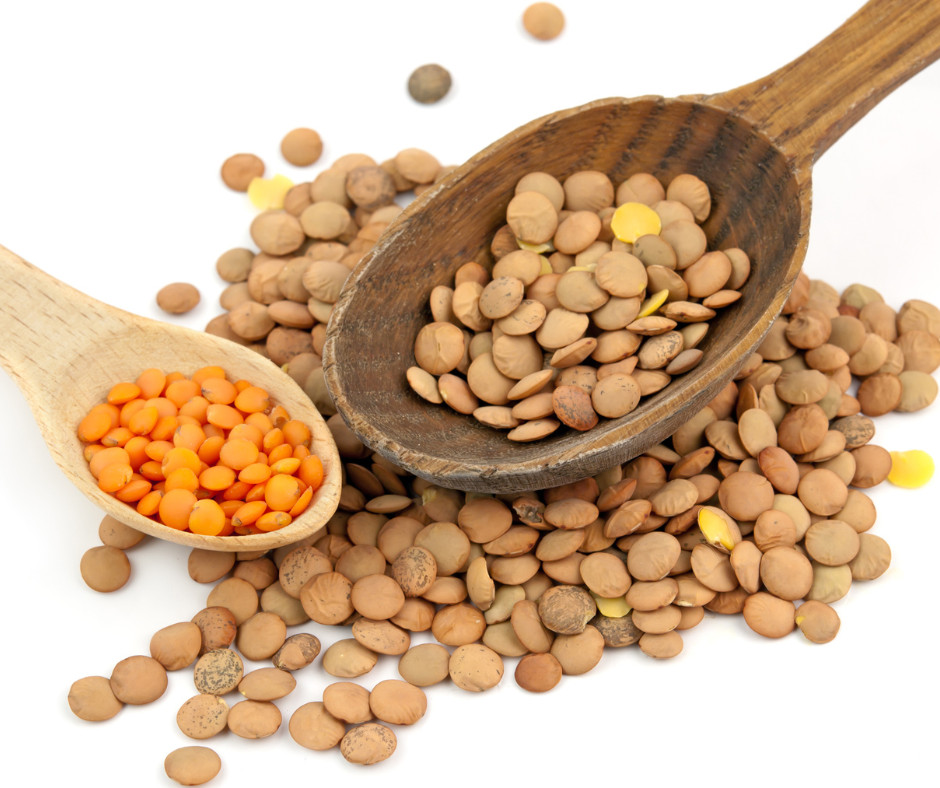
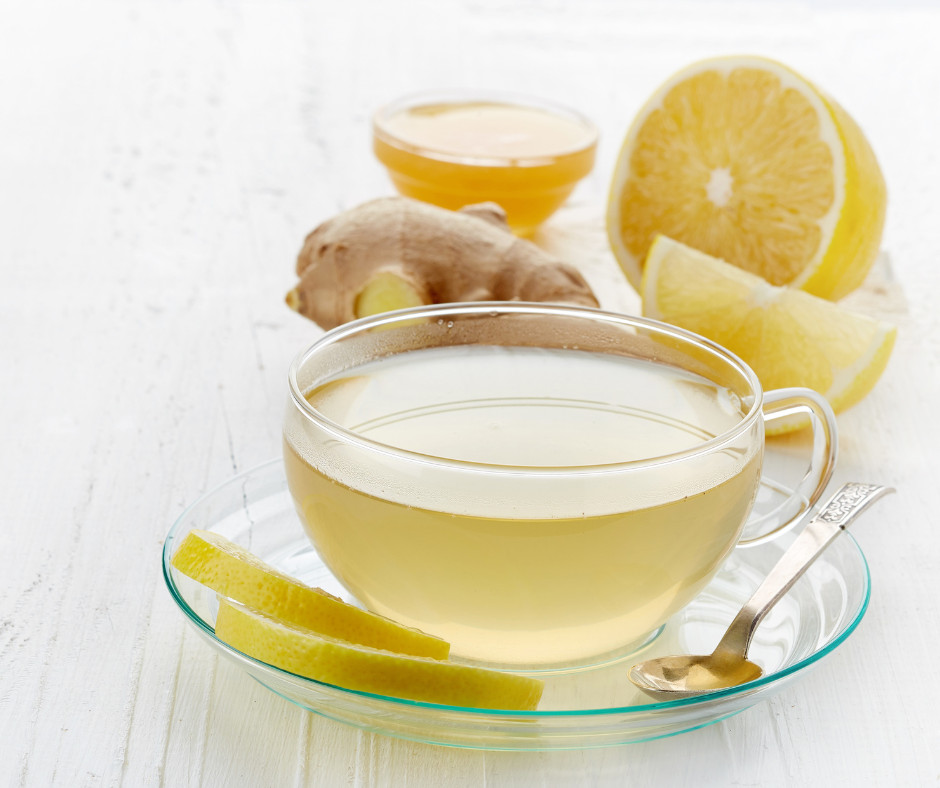





0 Comments